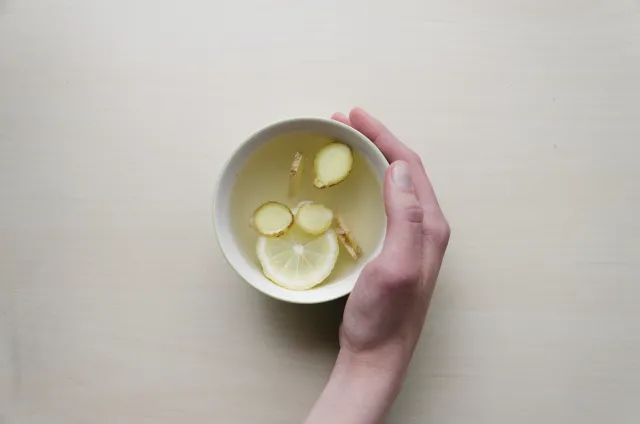Constipation
Difficulty having a bowel movement may be a problem for people undergoing cancer treatment. Surgery, inactivity, eating a low-fiber diet, and not drinking enough fluid can contribute to changes in normal bowel function. Pain medications and some chemotherapy drugs can also cause constipation. Call your doctor if you have prolonged abdominal pain, or lack of a bowel movement or gas for more than two days.
Coping with Constipation
Food tips for constipation:
- Increase foods that can help promote a bowel movement:
- Drink 8 to 12 glasses of water or fluid each day.
- Warm drinks and prune, apple or pear juice may also be helpful.
- Drink hot beverages, such as herbal tea and decaffeinated coffee.
- If recommended by your health care team, increase your fiber intake by eating bran, fresh fruit, prunes or other foods high in fiber.
- Consider adding fiber to your diet. Check with your doctor to see if there are certain high fiber foods you should avoid if you are having gas and bloating.
Non-food tips for constipation:
- Stay active. Try to get 15-30 minutes of moderate physical activity (such as walking) each day.
- Move more if you are able - walk, stretch, or do yoga.
- Talk to your health care team about drugs or other tips that can help with constipation.
- Always talk to your nurse or doctor before using fiber supplements, laxatives or stool softeners. Suppositories and enemas can be especially dangerous if your blood counts are low.
- Tell your health care team if you do not have a bowel movement in 72 hours or experience abdominal pains or cramping. These may be signs of a bowel obstruction.
Try these recipes if you experience constipation: Savory Stuffed Spaghetti Squash Recipe, Baked Falafel with Ginger Tzatziki, Cheesy Chicken Millet Bake, Chicken Puttanesca over Zucchini Noodles, and Mango Lassi Overnight Oats.
Diarrhea
Frequent bowel movements that are loose or watery are called diarrhea. Some chemotherapy drugs cause diarrhea. Infections, certain surgical procedures and radiation to the pelvic area can also cause diarrhea. If diarrhea is a side effect of your treatment, your health care team will discuss how you can work together to manage it. If you are experiencing more than three episodes of diarrhea in a day call your doctor or nurse. Diarrhea can result in dehydration or changes in the levels of potassium and sodium in your body. Changes in these levels can be dangerous if not corrected.
Coping with Diarrhea
- Drink 8 to 12 glasses of fluid each day to prevent dehydration. Fluids should be at room temperature and may include water, ginger ale without fizz or sports drinks. Clear broth is another option for increasing your fluid intake.
- Avoid caffeine. Caffeine may stimulate the bowel, further irritating it. It also may cause you to become more dehydrated.
- Avoid very hot or very cold drinks and alcoholic beverages.
- Eat 5 or 6 small meals a day instead of 3 large meals.
- Avoid spicy or fatty foods, and milk products.
- Eat low fiber foods, like the BRAT diet. BRAT stands for bananas, white rice, apples/applesauce and toast.
- Wipe gently after each bowel movement; baby wipes may be more comfortable than toilet paper. Wash your hands well.
- Do not take an over-the-counter Pepto Bismol or other anti-diarrheal drugs before speaking to your health care team. In some instances, diarrhea can be a sign of an infection or virus, and your health care team will want to test a stool sample prior to allowing you to take medication.
- Tell your health care team if the diarrhea lasts for more than 24 hours or if you are having large amounts of diarrhea; this may be a sign of infection.
- If your doctor gives you medication for your diarrhea, be sure you understand how to take it. Never take any drugs for diarrhea without first speaking to your doctor or nurse.
Try these recipes if you experience diarrhea: Ginger Turkey and Wild Rice Soup Recipe & Savory Stuffed Spaghetti Squash Recipe.
